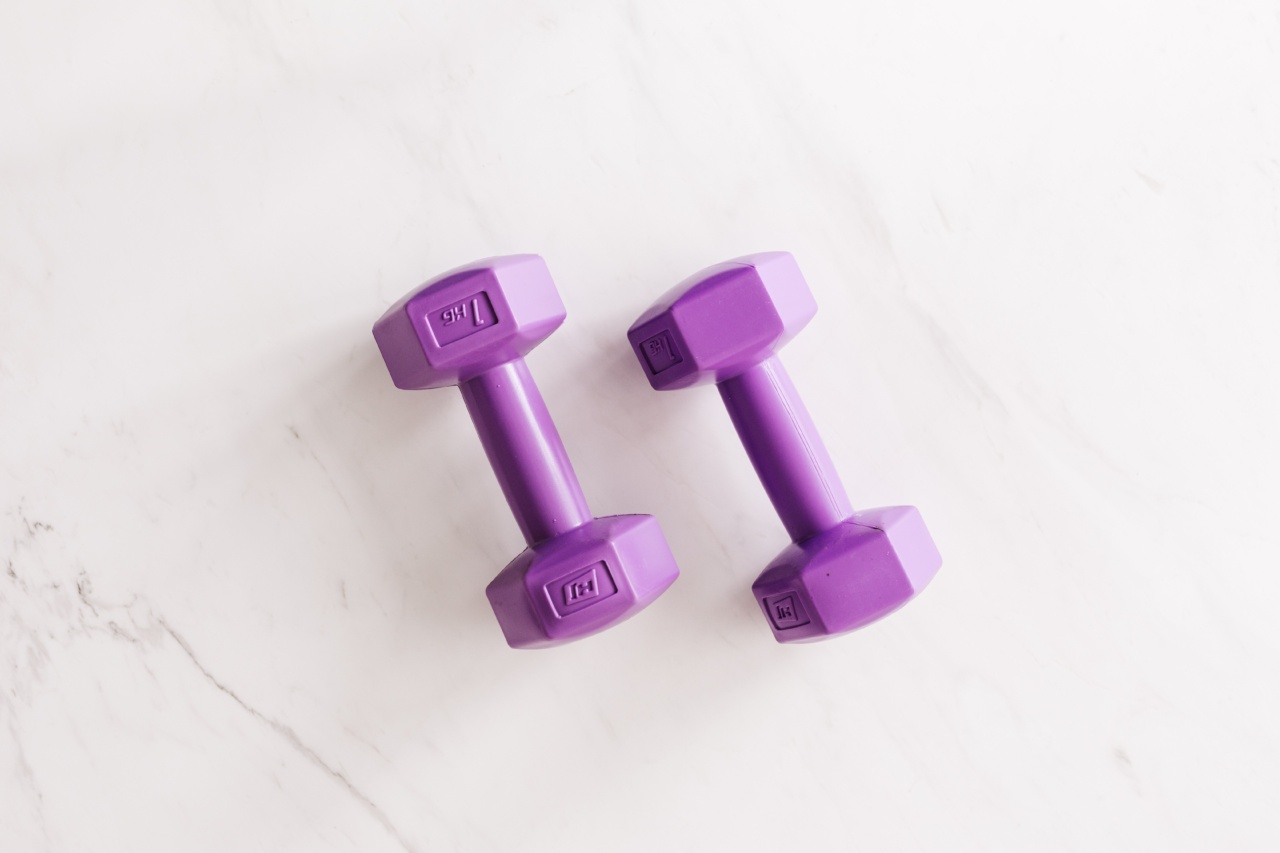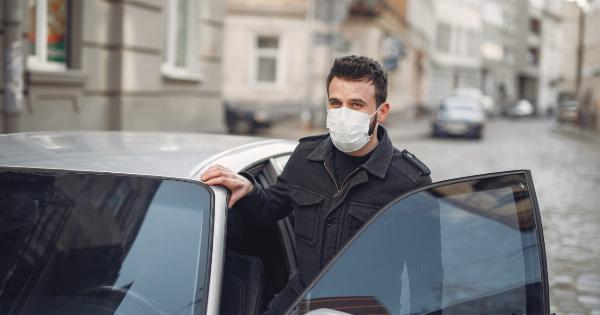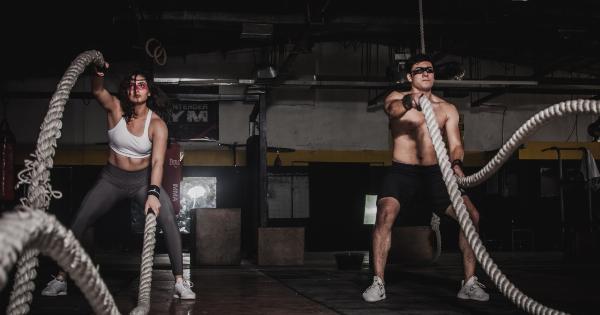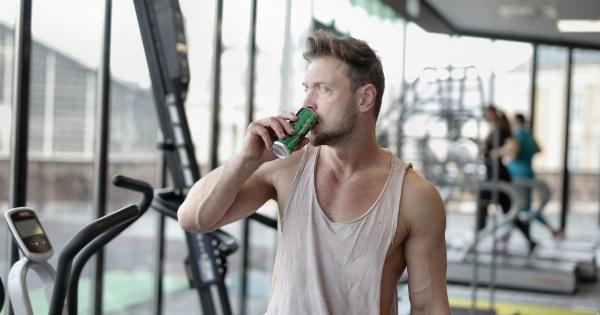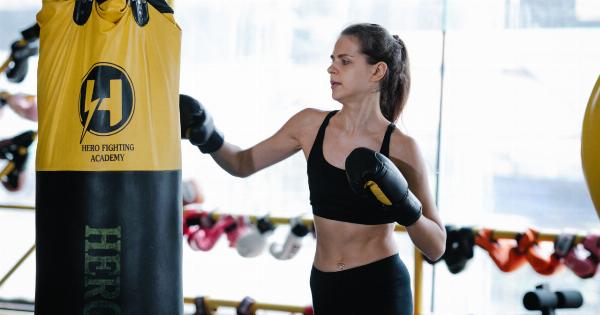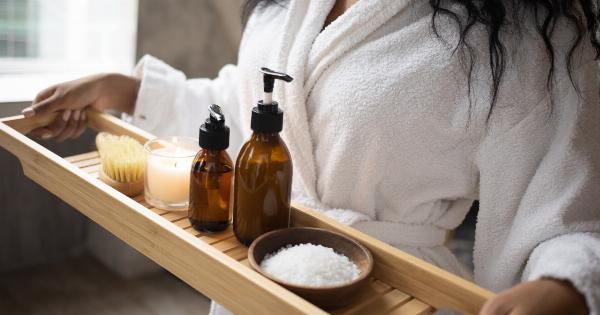Hot weather can sometimes lead to muscle cramps, which can be painful and disruptive. These cramps occur when your muscles contract involuntarily and do not relax. Heat and dehydration are often the primary culprits behind such cramps.
To help you prevent and treat muscle cramps caused by the heat, we have compiled some useful information and tips.
Understanding Muscle Cramps
Muscle cramps, also known as heat cramps or exertional cramps, are involuntary contractions of one or more muscles. They can occur during or after prolonged physical activity in hot weather.
The exact cause of muscle cramps is still unclear, but several factors contribute to their onset.
Dehydration, electrolyte imbalances, and muscle fatigue are commonly associated with heat-induced muscle cramps. When it’s hot, your body loses water and electrolytes through sweating.
This loss affects your body’s ability to efficiently transmit nerve impulses to the muscles, leading to cramps.
Preventing Muscle Cramps from the Heat
To prevent muscle cramps caused by heat, it’s important to take certain precautions. Here are some tips:.
1. Stay Hydrated
Drink plenty of fluids, especially water, to stay hydrated throughout the day. Avoid excessive intake of sugary or caffeinated beverages as they can contribute to dehydration.
2. Replenish Electrolytes
Replenish electrolytes lost through sweating by consuming electrolyte-rich foods or drinks. Sports drinks can be helpful, as they contain essential minerals like sodium, potassium, and magnesium.
3. Avoid Overexertion
Avoid overexerting yourself in hot weather. Take frequent breaks and listen to your body. If you feel fatigued or overheated, rest in a cool and shaded area.
4. Wear Appropriate Clothing
Wear loose and breathable clothing to allow for proper air circulation. Opt for light-colored clothes that reflect heat instead of absorbing it.
5. Gradually Acclimate to the Heat
If you anticipate spending time in a hot environment, gradually acclimate your body to the heat. Expose yourself to increasing levels of heat and humidity over several days to allow your body to adapt.
Treating Muscle Cramps from the Heat
If you do experience a muscle cramp due to heat, here are some steps to help alleviate the discomfort:.
1. Stretch and Massage the Affected Muscle
Gently stretch the cramped muscle and massage it to promote relaxation. This can help relieve the tension and reduce the intensity of the cramp.
2. Apply Heat or Cold
Apply heat or cold to the affected area to provide relief. A warm compress or heating pad can help relax the muscle and increase blood flow, while an ice pack can reduce inflammation and numb the area.
3. Rest and Elevate
Rest the affected muscle and elevate it, if possible. This can help reduce swelling and promote healing.
4. Rehydrate and Replenish Electrolytes
Drink plenty of fluids and consume foods or drinks rich in electrolytes to replenish your body’s stores. This will aid in the recovery process.
5. Consider Medications
If the cramps persist or are particularly intense, over-the-counter pain relievers such as ibuprofen or acetaminophen can help manage the pain. However, it’s always best to consult with a healthcare professional before taking any medications.
When to Seek Medical Assistance
In most cases, muscle cramps from the heat can be managed at home. However, there are instances when medical assistance may be required. Seek medical help if:.
- The cramps are severe and do not improve with home remedies
- You have associated symptoms like swelling, redness, or weakness
- The cramps are recurring or interfere with your daily activities
Remember, severe muscle cramps can be a sign of an underlying medical condition that needs proper evaluation and treatment.
Conclusion
Muscle cramps caused by heat can be prevented by staying hydrated, replenishing electrolytes, avoiding overexertion, wearing suitable clothing, and gradually acclimating to hot weather.
If you do experience a muscle cramp, stretching, applying heat or cold, resting and elevating the affected muscle, rehydrating, and considering over-the-counter medications can provide relief. However, if the cramps persist or worsen, it’s important to seek medical assistance.
By following these preventive measures and adopting appropriate treatment strategies, you can ensure your muscles remain healthy and cramp-free even in the hottest of weather.
